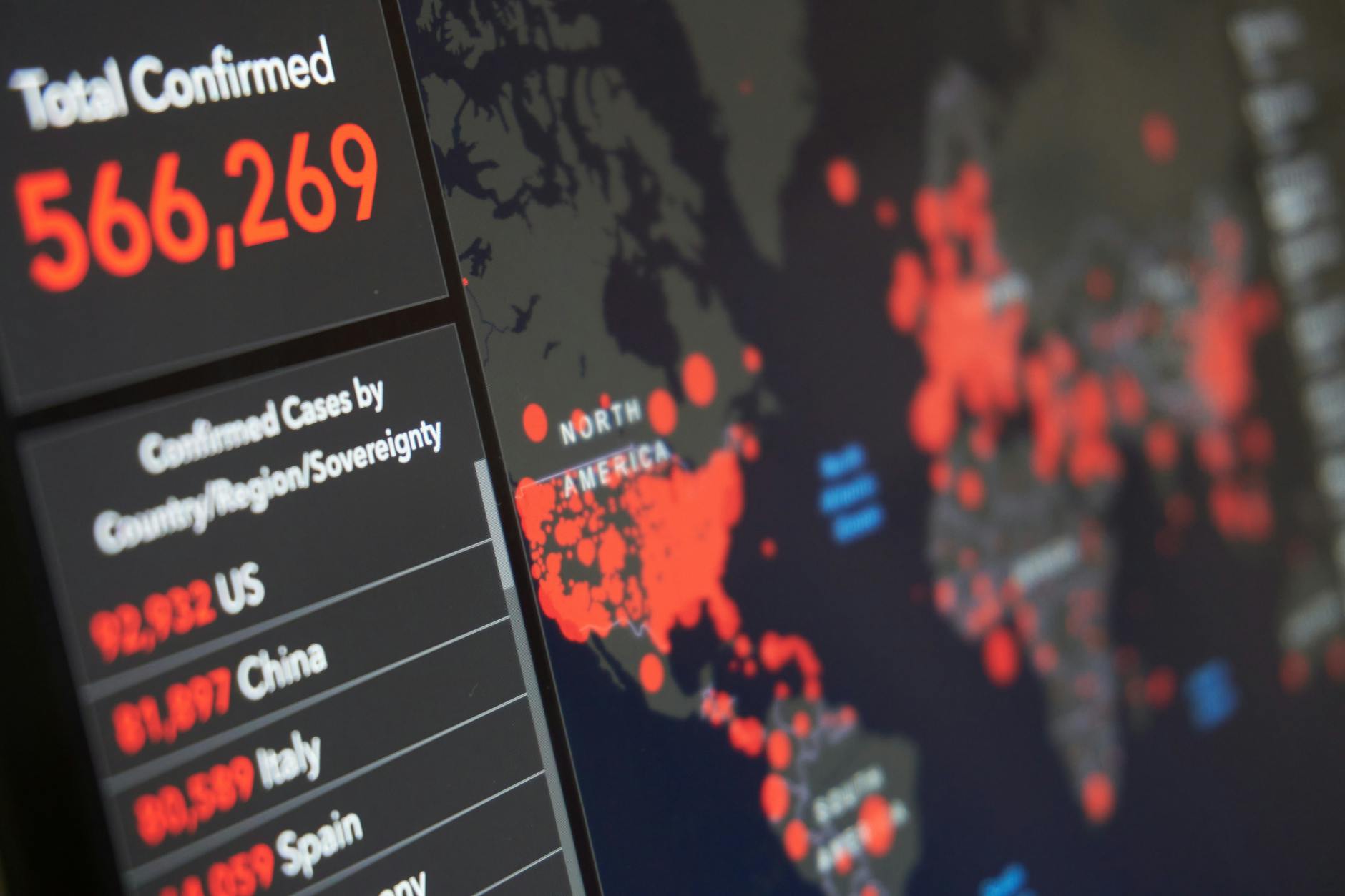The recent arrest of Xu Zewei in Italy, at the behest of U.S. authorities, underscores a pivotal moment in the complex narrative of international cyber espionage. Xu, a Chinese national, and his accomplice, Zhang Yu, who is still at large, have been charged with stealing crucial COVID-19 research from American universities among other serious cybercrimes. Their operations, linked to the Chinese company Shanghai Powerock Network, hint at a deeper, state-backed orchestration of data theft, particularly from targets as critical as health research facilities during a global pandemic.
According to the U.S. Department of Justice, the duo's hacking spree didn't stop at academic theft. They are also implicated in the notorious Microsoft Exchange hacks starting March 2021, allegedly part of the hacking group Hafnium. This campaign saw over 60,000 Exchange servers compromised, primarily affecting small businesses throughout the U.S. The breach enabled the hackers to swipe vast troves of emails and digital address books, setting a worrying precedent for cybersecurity across global enterprises.
The implications of such breaches are manifold, particularly regarding the security of sensitive health data during crises such as the COVID-19 pandemic. Such incidents not only jeopardize the competitive edge and privacy of research institutions but also raise significant concerns about the ethical implications of targeting health data, a lifeline in pandemic management and response strategies.
Indeed, as emphasized in a TechCrunch article, the breach disrupts not just individual entities but the broader fabric of trust and cooperation that global health emergencies like the COVID-19 pandemic necessitate. It begs the question: how can nations protect against such breaches while still fostering the international collaboration essential to managing global health crises?
This incident also casts a spotlight on the vulnerabilities inherent in self-hosted digital infrastructures like those of the compromised Exchange servers. Most affected entities were small businesses, which are often less equipped than larger corporations to fend off sophisticated cyber-attacks. This disparity in defensive capability underscores the need for scalable, robust cybersecurity solutions that can be deployed even by organizations with limited IT resources.
Moreover, as detailed in a recent Radom Insights post, similar large-scale breaches have had far-reaching financial implications, further stressing the urgent need for comprehensive cybersecurity frameworks that go beyond mere compliance to proactively anticipate and mitigate potential threats.
The ongoing digital transformation, hastened by the pandemic, demands an accelerated evolution of cybersecurity strategies. Institutions, especially those dealing with sensitive data like healthcare research, must prioritize advanced security protocols and real-time threat detection systems to guard against evolving cyber threats.
This incident also serves as a critical reminder for policy makers about the importance of international cooperation in cybersecurity. As cyber threats increasingly disregard national borders, a cohesive international strategy and stronger laws governing cybercrimes are required to protect global digital infrastructure. Without it, the cycle of breaches will likely continue, with increasingly sophisticated and wide-reaching impacts.
In conclusion, the arrest of Xu Zewei not only brings to light a particular case of cyber espionage but also highlights broader systemic vulnerabilities that need addressing. As we move forward, the balance between open scientific collaboration and securing critical research against cyber threats will be paramount in shaping the future of global health security and technological resilience.



